9 Earth-Shaking Things That Will Happen After Baby Boomers Retire
It will have an earth-shaking effect on the American economy, according to experts.

Baby Boomers—members of the generation born between 1946 and 1964—account for the second-largest American age group. They number about 68.6 million, compared to 64.5 million members of Gen X and 72.2 million millennials. The Boomers range in age from 59 to 77, meaning that most who haven’t already retired will likely do so in the next few years. That, experts say, will have an earth-shaking effect on the American economy. These are nine bad things they say will happen after Baby Boomers retire.
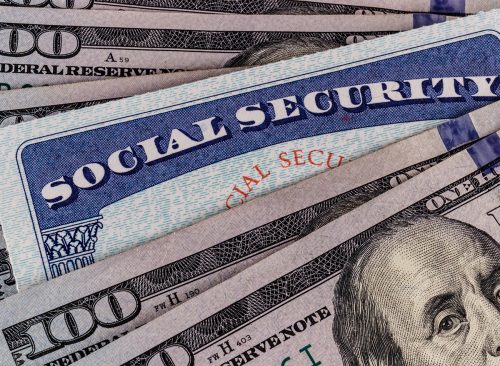
When Baby Boomers stop working, they stop funding social programs through taxes. “Lower numbers of workers per retiree threaten the future of programs such as Social Security and Medicare, which support older Americans by taxing current workers,” the Washington Post explains. “As the share of working Americans shrinks, that source of money will too. Both programs face funding shortfalls in the next decade without higher taxes or cuts to benefits.”
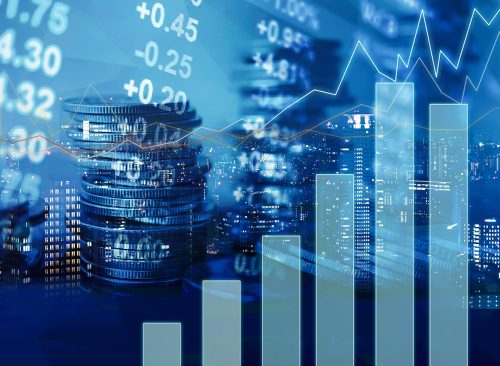
“Boomers tended to have fewer children than their parents — a trend that has continued with each generation since — so there aren’t enough Gen Xers and millennials to balance out the growing numbers of retirees,” the Post says. “Research suggests this demographic shift brings down economic growth.”

Economic growth isn’t just hit when people stop working and paying taxes. Older people and retirees tend to decrease their spending on goods and services, lowering the fundamental demand that keeps a healthy economy chugging along.
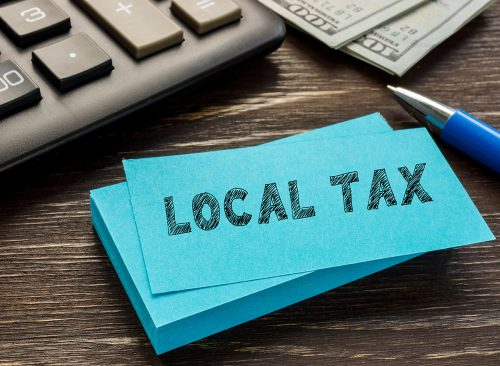
Social Security and Medicare aren’t the only tax concerns. Fewer older people paying state, local, and property tax bills will require younger people to pay more to finance local government services like schools, public works, garbage disposal, and road maintenance.

A growing group of retirees will create more demand for healthcare services. That will be a boon to people seeking healthcare jobs. But healthcare shortages exist today, and they’re likely to get worse as the number of available caregivers can’t keep pace with millions of additional people needing care every year. To say nothing about how older people will pay for long-term care. (Read on.)

The cost of long-term senior care in an aging society “keeps me up at night,” Stanford economist Gopi Shah Goda told the Post. “Long-term care is one of the biggest expenditure risks that faces the elderly population.” Services like long-term home health care aren’t covered by Medicare or other health insurance. So “people impoverish themselves paying for long-term care until they’re eligible for Medicaid, which does cover long-term care services,” she said.

About one in five American adults already provide ongoing support to family members or close friends. This can lead to financial strain, health problems, and even more people leaving the workforce.
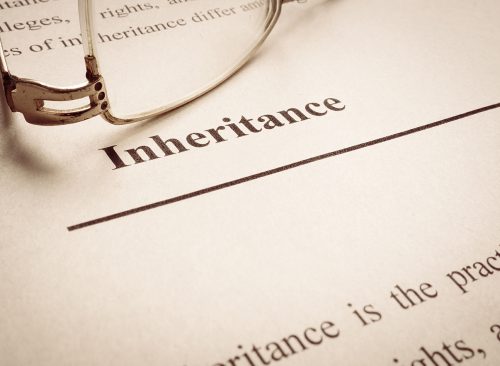
Nearly half of Baby Boomers have no—none, zero—savings for retirement. Many others haven’t saved enough. They may be relying on savings and selling assets like housing to finance their post-work years. “The baby boomers are the first generation that was subjected to our 401k experiment where pensions disappeared,” Katherine McKay, associate director at the Aspen Institute Financial Security Program (FSP), told Newsweek. “We know that a lot of people are going into retirement without the money to last the number of years that they’re expected to live. So it’s really just hard to say whether people are going to have all of those assets, or if they’re going to need to draw down assets outside of retirement accounts once those run dry.” If Boomers have to tap into savings or assets to pay their healthcare and housing bills, successive generations may find themselves with little or nothing to inherit.
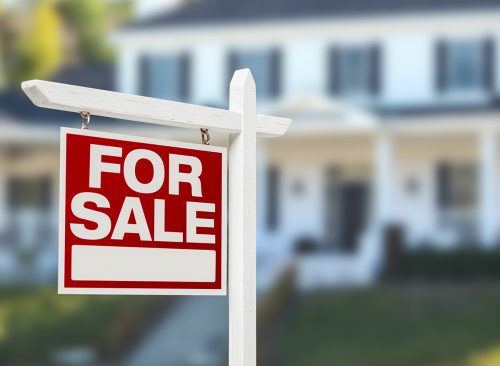
If millions of Baby Boomers decide to downsize and sell their homes at once, the ensuing glut of supply could depress housing prices—bad news for people in younger generations who bought at the market’s height and need to sell because of a growing family or job change.
RELATED: 30 Area Codes to Watch for in Latest Phone Scam
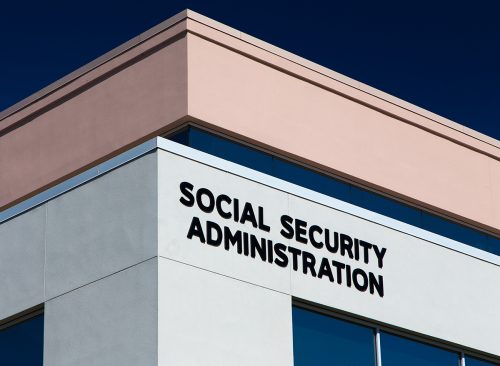
According to the Post, Social Security won’t be able to make full retirement payments starting in 2033 unless Congress passes legislation to update the program, which hasn’t been done in 40 years. To keep the program fully funded, lawmakers must either reduce benefit payments, increase the retirement age, or raise taxes.














